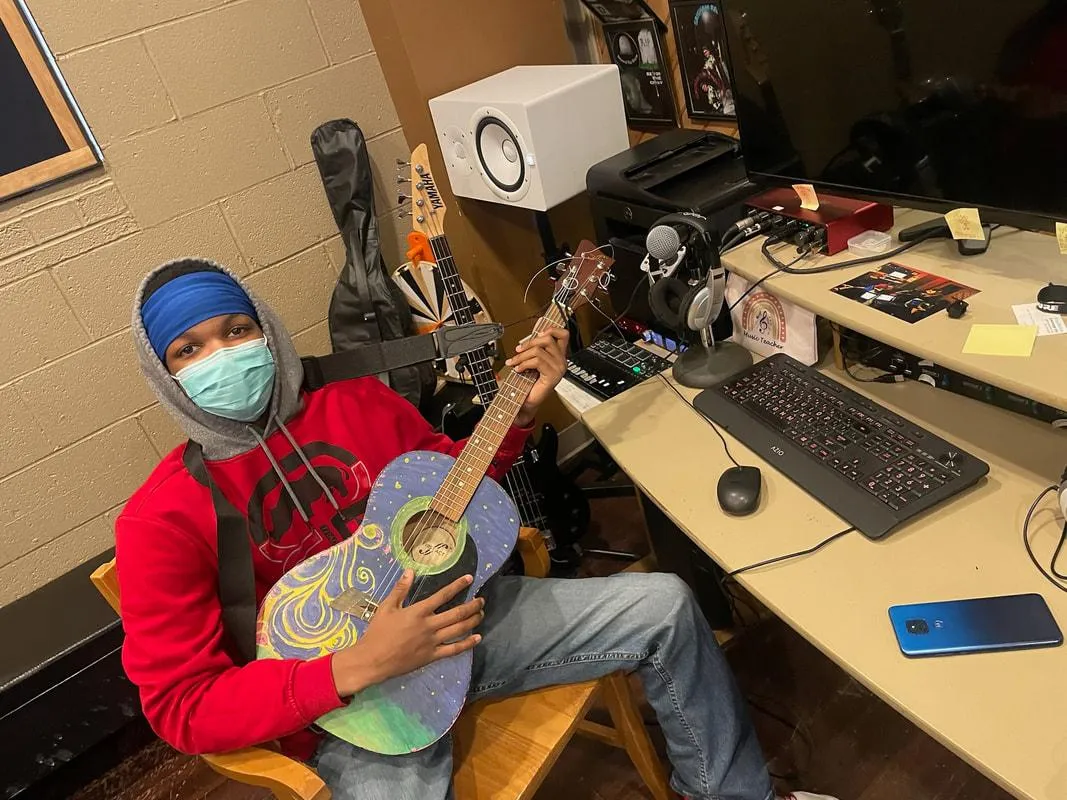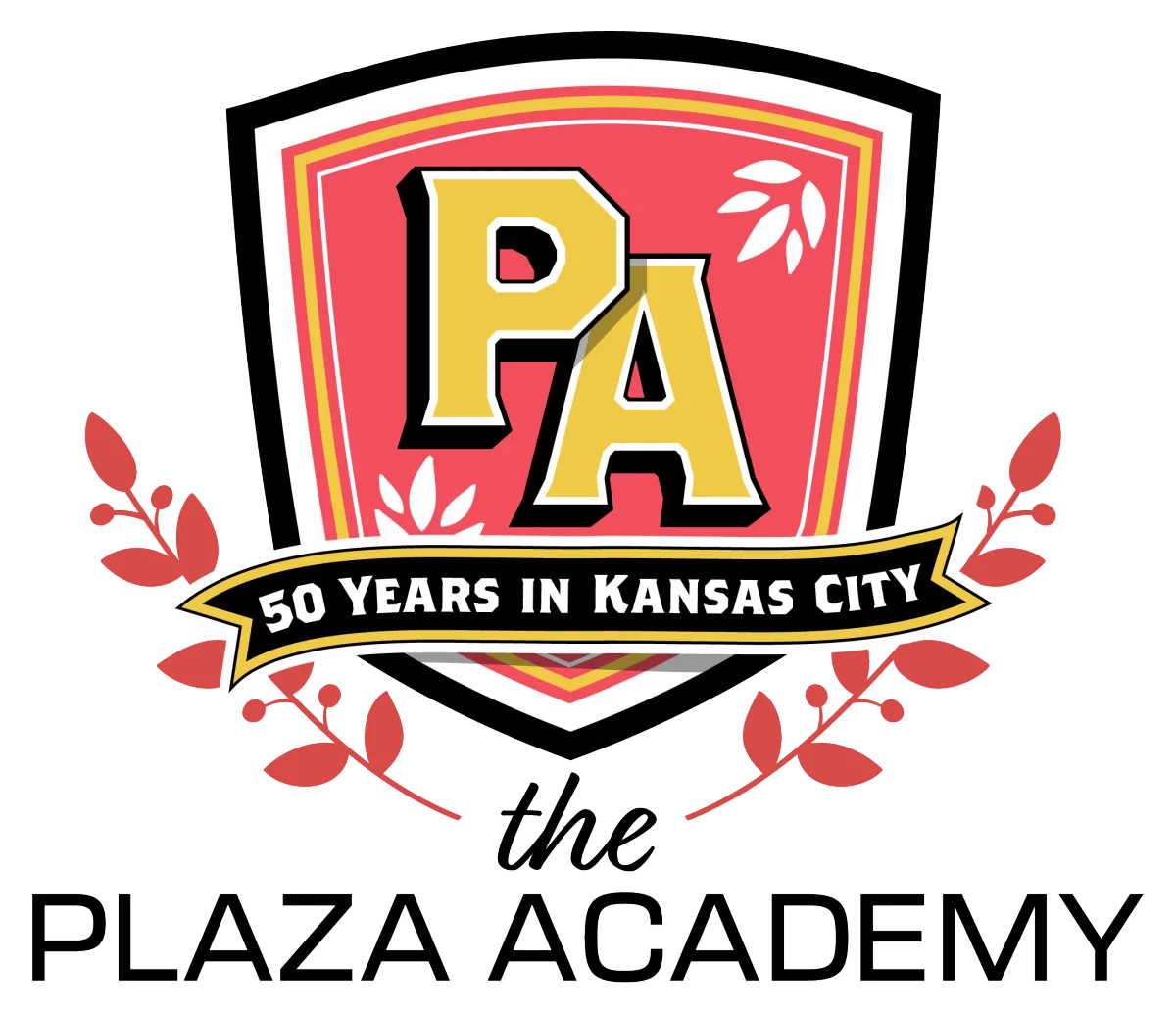
Summer Learning: Creative Ways to Keep Non-Traditional Learners Engaged
Summer often presents a unique challenge for non-traditional learners who thrive in structured yet flexible environments during the academic year. Without intentional engagement, students who struggle in conventional settings may lose momentum, confidence, and academic progress. The summer months can be an opportunity to foster growth, curiosity, and self-discovery in ways traditional classrooms often cannot. Parents and caregivers often seek meaningful ways to keep their children engaged while honoring their learning styles and emotional needs.
For many non-traditional learners, summer learning is not just academic—it is therapeutic, relational, and experiential. Learning outside the standard classroom structure allows students to explore their interests while continuing to develop critical life skills.
The Power of Experiential Learning for Traditional Learners
Experiential learning creates powerful outcomes for traditional learners who benefit from hands-on, real-world engagement. Instead of passive worksheets or rote memorization, students gain skills through community projects, internships, and creative collaborations. Summer offers time for students to work in gardens, volunteer with local nonprofits, or explore creative arts like filmmaking or design.
For many learners, integrating service with academics builds a deep sense of belonging and contribution. Community involvement fosters empathy, responsibility, and self-confidence—essential skills often overlooked in rigid educational systems. Students develop critical thinking when asked to solve real problems within real communities.

Creative arts become another powerful avenue for experiential summer learning. Whether it is visual art, music production, theater, or digital media, creative projects offer emotional expression alongside cognitive challenge.
Many students who struggled with standardized tests find validation and success in producing something meaningful with their hands and minds. These projects often mirror the process of problem-solving, iteration, and reflection that traditional learners need to master.
Experiential learning also helps reinforce executive functioning skills. Managing timelines for a creative project or balancing tasks for a service project teaches time management, organization, and follow-through. Summer becomes a low-pressure yet meaningful training ground for these essential life skills.
Blending Therapy with Academic Growth During Summer
For traditional learners who face emotional, behavioral, or mental health challenges, blending therapy with academics creates a safe pathway to growth. Many alternative education programs integrate therapeutic services directly into summer learning experiences.
Students have access to licensed therapists, social workers, and mental health professionals who collaborate with educators. This integrated approach ensures students work on both academic goals and personal development simultaneously.
Summer offers a less stressful environment where students can address anxiety, depression, or trauma while continuing to engage academically. Sessions might include art therapy, group counseling, or mindfulness practices woven seamlessly into the academic day.
Emotional safety becomes the foundation from which students can take academic risks, develop resilience, and build self-efficacy. Without this, traditional learners often shut down or disengage entirely.
The focus is not just on remediation but also on celebrating strengths. Therapy helps students explore their identities, navigate social relationships, and build emotional regulation. These skills are as vital as academic ones, especially for learners who have struggled in environments that did not honor their emotional needs.
When students feel heard, validated, and supported, they are more likely to engage meaningfully with academic content. Summer becomes a season of healing, reflection, and progress rather than regression or stagnation.
Smaller Class Sizes and Individualized Attention Make a Difference
Small class sizes continue to be a hallmark of successful summer programs for traditional learners in alternative settings. In contrast to overcrowded public classrooms, intimate learning environments allow educators to form authentic connections with each student. Teachers can adapt instruction based on students’ emotional states, learning profiles, and personal goals.
Individualized academic plans during summer ensure students do not feel left behind or pushed too far ahead. Whether reinforcing math concepts, strengthening reading comprehension, or exploring new subjects, instruction meets the learner where they are. Learning becomes joyful, relevant, and student-centered.
Instructors use trauma-informed practices to create spaces where students feel emotionally safe. Check-ins, mindfulness exercises, and collaborative problem-solving are built into the classroom culture. Emotional well-being is treated with equal importance as academic mastery, providing a holistic educational experience.
The summer environment also invites experimentation with different learning modalities. Whether students thrive with visual, auditory, kinesthetic, or collaborative methods, teachers adjust strategies in real-time to maximize success. This responsiveness builds confidence and strengthens academic identity.
Creative Project-Based Learning That Fuels Curiosity
Project-based learning becomes an ideal approach for traditional learners during the summer months. Students design, execute, and present projects based on their interests, blending multiple disciplines like science, art, math, and language. Learners engage deeply when they see the relevance of their work beyond the classroom.

For example, a student passionate about environmental issues might research local ecosystems, create an educational video, and present it to the community. Another might design a business plan for a social enterprise while learning math, writing, and marketing simultaneously. This level of autonomy cultivates intrinsic motivation and a sense of ownership over learning outcomes.
Teachers serve as facilitators, guiding students through inquiry processes rather than delivering traditional lectures. Instead of focusing solely on right or wrong answers, educators encourage curiosity, exploration, and iterative learning. Students learn to ask meaningful questions, conduct research, and evaluate solutions critically.
Project-based learning also mirrors therapeutic growth. Students confront challenges, navigate setbacks, and build perseverance. Completing a complex project nurtures a sense of pride, accomplishment, and capability—qualities traditional learners often lack in conventional settings.
Preparing Traditional Learners for Life Beyond Summer
Summer learning is not just a bridge between school years—it is preparation for life. Programs focusing on college readiness, vocational exploration, and life skills equip students with the tools they need for independence. Workshops might include financial literacy, time management, resume writing, or interview skills, all tailored to non-traditional learners. These practical experiences boost confidence in navigating adulthood.
Career exploration becomes a key component for many students. Internships, job shadowing, or career workshops expose learners to industries they might not have considered. Engaging with mentors and professionals fosters real-world connections and expands their sense of possibility.
Social-emotional learning remains central even in future planning. Students work on communication, self-advocacy, and stress management—critical tools for both personal and professional success. Those who have experienced academic failure in the past begin to rewrite their narratives, seeing themselves as capable, resilient, and worthy.
Summer becomes a laboratory for personal growth where students not only catch up academically but leap forward in self-awareness and life preparation. The goal is not just academic success but holistic readiness for whatever comes next.
Discover How We Support Traditional Learners Year-Round
If you are seeking a supportive, therapeutic, and academically rigorous environment where non-traditional learners thrive, we invite you to explore our program. Our ownership-based learning model continues year-round, offering summer opportunities that foster confidence, resilience, and growth. Connect with us to learn how we help students rediscover their potential through individualized learning, therapeutic support, and real-world experiences. Join a community where learners become leaders in their own lives. Enroll with us today.




